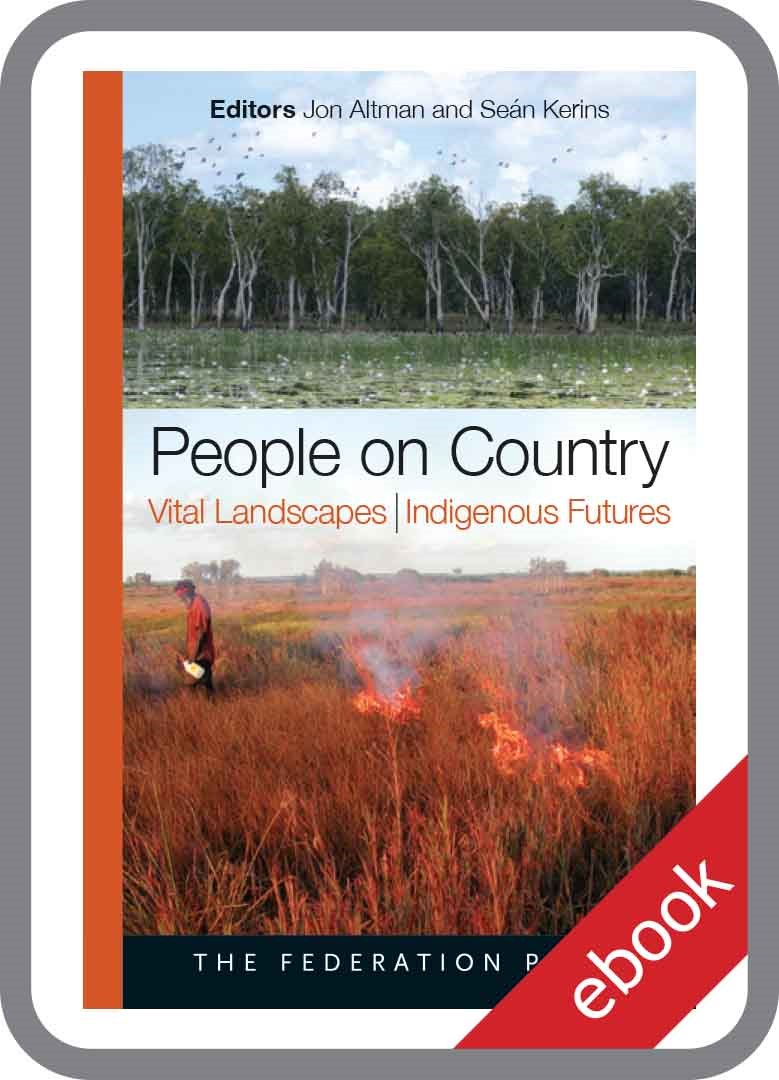Over the past four decades Aboriginal people living in remote and regional Australia have been empowered by land rights and native title laws to claim back large tracts of their ancestral lands. Today the Indigenous estate covers over 20 per cent of the continent and includes areas of globally significant biodiversity and cultural value, many now declared as Indigenous Protected Areas in the National Reserve System. But none of the Indigenous estate is in its pre-colonial condition and it faces a myriad of environmental threats.
People on Country, Vital Landscapes, Indigenous Futures draws on a diversity of perspectives to document a significant social and environmental movement that is quietly gathering momentum across this vast Indigenous estate. This series of essays, drawn from an unusual collaboration between university researchers and Indigenous land owners, tells a little-known story about Aboriginal people who are living on, working on and caring for the lands and seas that they own and manage. The ongoing struggles by Indigenous people to conserve and rehabilitate the outstanding natural and cultural values of their ancestral lands deserve wide recognition and acclaim.
This book seeks to reposition Indigenous people and their caring for country activities from the margins to the very core of the growing national conversation on issues such as climate change, biodiversity loss and resource depletion. It challenges the Australian public, policy community and politicians to re-imagine the role that the Caring for Country movement, deploying a mix of western scientific and Indigenous ecological knowledge systems and techniques, must play in the proper environmental management of Australia in the 21st century.
*** 2015 Peter Rawlinson Award winner: Jack Wongili Green Read more…
“Jacky Wongili Green from Borroloola in the southwest region of the Gulf of Carpentaria is the most worthy winner of the 2015 Peter Rawlinson Conservation Award. Some of Jack’s important achievements were regaining ownership of land, the forming of ranger groups, implementing management practices to avoid more vast wildfires and bringing about environmental and social changes in a remote part of Australia. Jacky has used his talent as an artist to express his concerns for the land and culture, especially at McArthur River where the mining is polluting the water and land, and also damaging sacred sites. It has taken bravery and sustained personal effort to speak out and to question government legislation affecting the region. Jacky has truly made an outstanding contribution.” – Marnie Rawlinson, Peter Rawlinson Award Presentation, ACF AGM 2015







